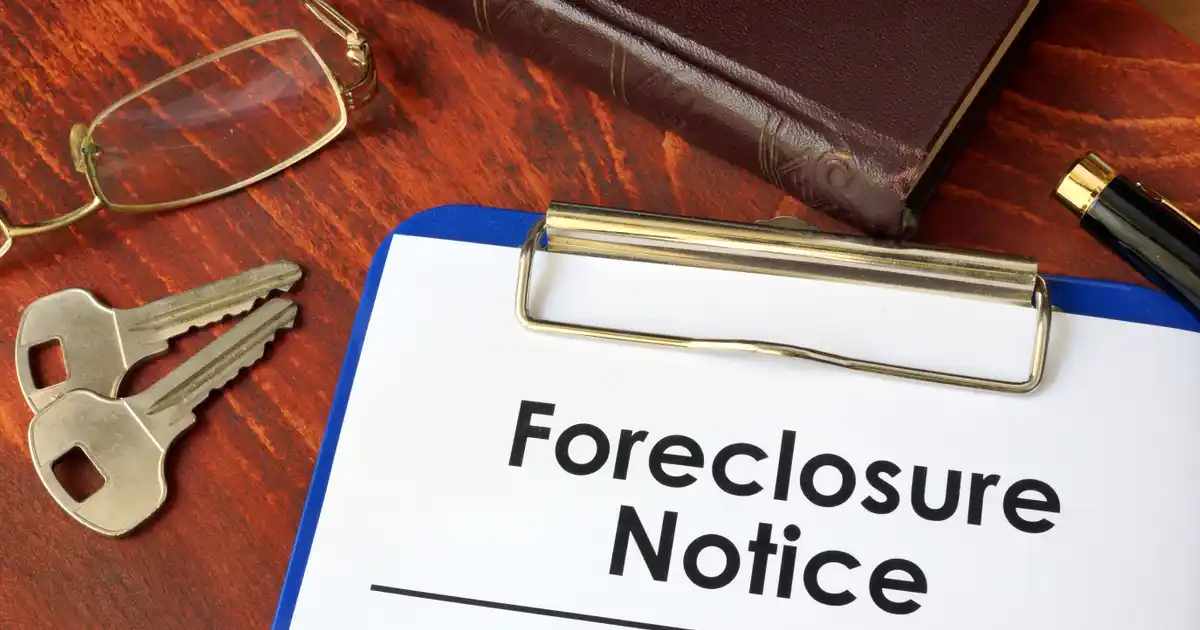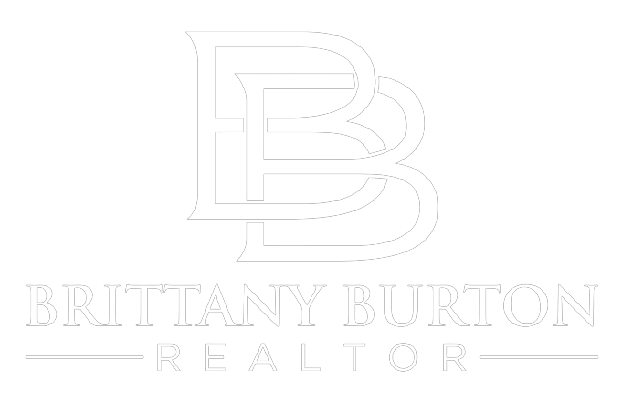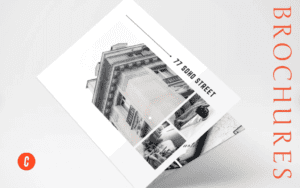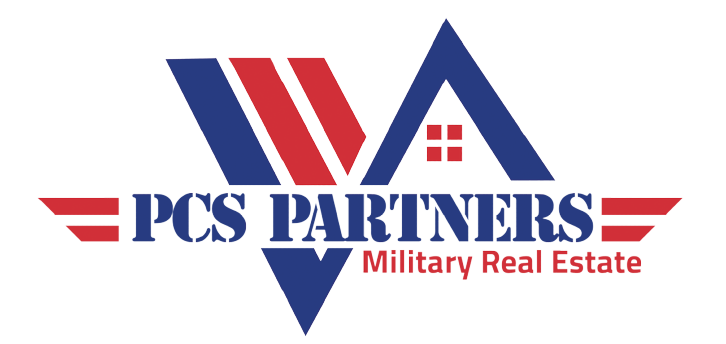Cons of owner financing
If eliminating banks and other financial intermediaries is so great, why doesn’t everyone buy and sell homes using owner financing? There are some additional risks for both the buyer and the seller that keep owner financing from becoming more popular. Here’s a quick rundown of the negative aspects of owner financing.
high rates
On average, owner financing deals will come with higher interest rates than those offered by banks or other mortgage lenders. This means that you are paying more money every month that is not actually going towards buying the house. Of course, the interest rate is fully negotiable, so it may depend on your bargaining skills.
Good News? Since owner financing deals are often short term (usually three to five years, but sometimes up to ten years), you’ll pay that high interest for the short amount of time. Under the right circumstances, you may actually pay less interest for the entire purchase of the home.
possible foreclosure
If the seller still has his or her own mortgage on the property, things get tricky. In theory, they will use your monthly payments to cover their mortgage obligations. However, there’s not much you can do if they decide to stop paying your mortgage for whatever reason. Next thing you know, while you are living in the property the bank is taking possession of it, telling you that you are not the legal owner (you are not) and you have no legal recourse is (mostly true) .
If this happens, you can sue the seller in civil court. Depending on the wording of your contract, you may even win. But this involves costly legal fees and months (if not years) of court battles. In the meantime, you and your family need a place to live.
The most common advice is this: don’t get involved in an owner-financed home purchase unless the seller has the property free and clear. If their home is mortgaged, the risk is huge.
 Shutterstock
Shutterstock



